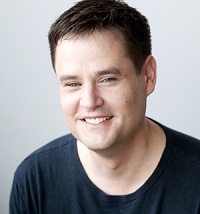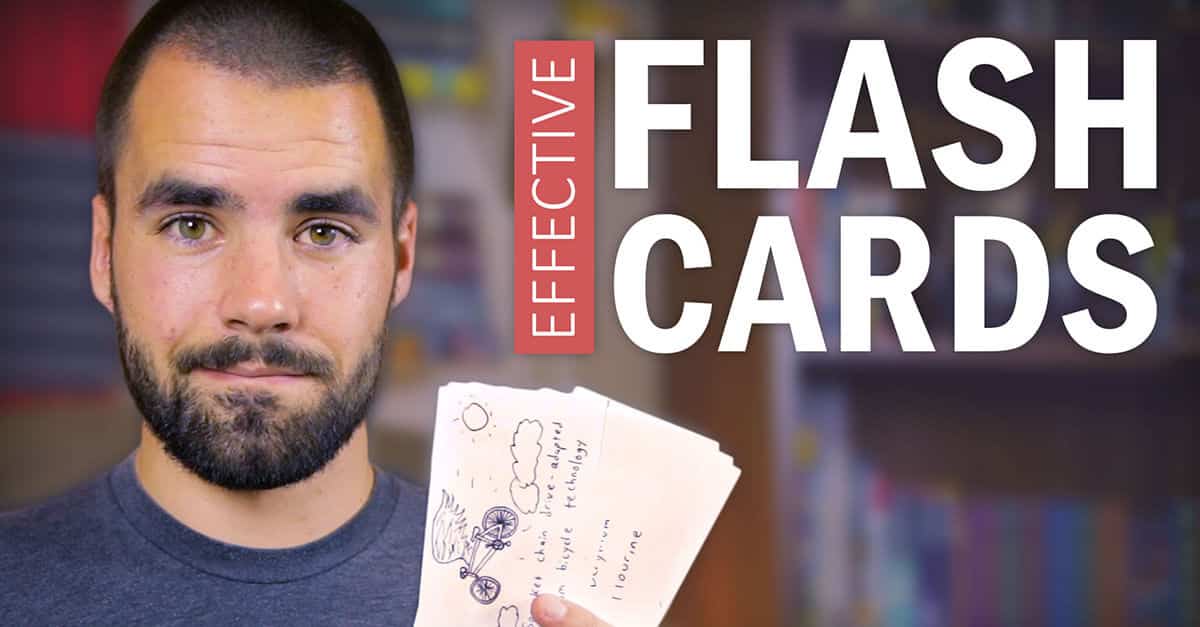The power of keeping a learn log
Learn how to learn in short bursts, even when you’re a busy professional.
Most of us have little time to learn. But we're always learning, even in small bursts throughout the day. The question is: how can we remember the useful bits?
In this session, Ramses Oudt (community manager at Logseq) showcases how he captures what he learns. Using the power of outlines, links and queries, he's able to feed his brain and turn his notes into a personal wiki.
You'll learn in this session:
- Best practices for writing in an outliner
- Techniques for internalizing knowledge
- Retrieving notes using queries
Talk outline
Who am I?
- 33. From Amsterdam, the Netherlands.
- I'm a teacher by training, but switched to IT sales soon after college.
- Taught myself sales.
- Taking notes of every phone conversation I had, I moved from telemarketer to account manager to customer success manager.
- Taught myself IT infrastructure.
- Taking notes on everything I learned in my job, I was able to become a technical consultant specialized in systems integrations.
- Learning how to learn is the highest leverage skill I've learned.
Why take notes?
- To learn new topics
- Continuous learning opens up career possibilities.
- Learning can be a relaxing and rewarding activity in one.
- To offload your thinking
- If you're a professional, your mind is probably constantly overflowing.
- Or in you're like me, you're likely getting overwhelmed.
- Offloading bits of useful information will help your future self.
Why use Logseq?
- Entering new notes is frictionless.
- Best practice: use the daily Journals page for everything.
- The outline structure makes organizing notes easy.
- Collapse/expand help against my ADHD brain feeling overwhelmed.
- Links make finding notes easy (linked references, queries).
- Easy to turn notes into flashcards with a single hashtag (
#card)
How to take good notes
- Have questions you'd like to have answered
- Have "12 favorite questions" you keep in mind when reading.
- My approach to problem-solving is to carry around a dozen interesting problems, and a dozen interesting solutions to unrelated problems, and eventually, I’ll be able to make connections. You have to keep a dozen of your favorite problems constantly present in your mind, although by and large they will lay in a dormant state. — Richard Feynman
- For example:
- How can I improve my thinking to make better decisions?
- What are my values?
- What is my underlying philosophical framework?
- What are my biases?
- What mental models do top performers use?
- How can I approach new ideas so they quickly benefit me and add a dimension/paradigm in my thinking?
- What are the top techniques to remember and internalize knowledge?
- What does my note-taking workflow look like?
- What do I create with my notes?
- How can I learn enough about development so I can create my own web apps to make my ideas reality?
- What do I need to know about HTML?
- Inspector
- DOM
- Accessibility
- What do I need to know about CSS?
- Selectors
- Classes
- Mobile support
- The box model
- Flexbox
- Grid
- Inheritance and cascade
- Positions
- Variables
- Fonts
- Transitions/animations
- What do I need to know about JavaScript?
- What do I need to know about frontend libraries?
- What do I need to know about frameworks?
- Throughout the day
- Set up a template in your note-taking tool to quickly structure/tag/link your notes.
- This will ensure you'll be able to find back your notes, or directly feed them into a process (e.g. a query with a backlog of notes to turn into flashcards).
- Write everything on the daily Journals page.
- This takes away the question: "Where should I store this?"
- One idea per note
- Apply the principle of atomicity, meaning that each note contains exactly one idea.
- This will enable you to link it to other ideas, but makes memorizing your notes also much easier.
- Explain in your own words
- Helps you to check if you understood the idea.
- Two Richard Feynman quotes:
- If you can't explain something to a first year student, then you haven't really understood.
- The first principle is that you must not fool yourself and you are the easiest person to fool.
- Research shows that you're more likely to remember notes in your own words.
Why use spaced repetition with your notes?
- Don't leave learning up to chance
- We tend to take notes because we want to keep knowledge, but only revisiting an idea repeatedly will help to make it your own.
- The single biggest change that Anki brings about is that it means memory is no longer a haphazard event, to be left to chance. Rather, it guarantees I will remember something, with minimal effort. That is, Anki makes memory a choice. Source: Augmenting Long-term Memory
- Process knowledge much more deeply
- When you write about something in your own words, you tend to elaborate/expand on the topic and connect it to what you already know (or your life in general).
- [M]aking Anki cards is an act of understanding in itself. That is, figuring out good questions to ask, and good answers, is part of what it means to understand a new subject well. To use someone else's cards is to forgo much of that understanding. Indeed, I believe the act of constructing the cards actually helps with memory. Memory researchers have repeatedly found that the more elaborately you encode a memory, the stronger the memory will be. By elaborative encoding, they mean essentially the richness of the associations you form. Source: Augmenting Long-term Memory
- Creativity stems from internalized knowledge
- We can look up a lot of factual information, but you can't look up what you don't know.
- Aren't external memory aids enough? One common criticism of systems such as Anki is that external memory devices – systems such as Google, wikis, and notebooks – really ought to be enough. Used well, such systems are, of course, extremely useful as a complement to Anki. But for creative work and for problem-solving there is something special about having an internalized understanding. It enables speed in associative thought, an ability to rapidly try out many combinations of ideas, and to intuit patterns, in ways not possible if you need to keep laboriously looking up information. Source: Augmenting Long-term Memory
- Focus on the stuff that truly matters
- When you know the basics of something, you can start to dig into the parts that few people know about. This is where innovation happens.
- When people respond to the mnemonic medium with “why do you focus on all that boring memory stuff?”, they are missing the point. By largely automating away the problem of memory, the mnemonic medium makes it easier for people to spend more time focusing on other parts of learning, such as conceptual issues. Source: How can we develop transformative tools for thought?
How to write good flashcard questions
- Only turn interesting questions into flashcards
- Flashcards will help you remember things, so only remember what's worth it.
- What you Ankify is not a trivial choice: Ankify things that serve your long-term goals. In some measure we become what we remember, so we must be careful what we remember. This is always true, but Anki makes it especially true. Source: Augmenting Long-term Memory
- Ask one question per flashcard; create multiple flashcards per note if necessary
- Atomic flashcards are easier to review.
- You can focus on one idea, making it crystal clear where you stumble when you do.
- Make most Anki questions and answers as atomic as possible: That is, both the question and answer express just one idea. ... When I made mistakes with the combined question, I was often a little fuzzy about where exactly my mistake was. That meant I didn't focus sharply enough on the mistake, and so didn't learn as much from my failure. When I fail with the atomic questions my mind knows exactly where to focus. Source: Augmenting Long-term Memory
- Treat writing good flashcard questions as a skill, so practice and refine a lot
- Whether you learn with flashcards or not all depends on how good your questions are.
- [C]ards are fundamental building blocks of the mnemonic medium, and card-writing is better thought of as an open-ended skill. Do it poorly, and the mnemonic medium works poorly. Do it superbly well, and the mnemonic medium can work very well indeed. By developing the card-writing skill it’s possible to expand the possibilities of the medium. ... It turns out that answering the question “how to write good cards?” requires thinking hard about your theory of knowledge and how to represent it, and your theory of learning. The better those theories, the better your cards will be. Source: How can we develop transformative tools for thought?
Other ways to review questions and notes
- Have projects for which you need to use your notes
- We tend to care about what's useful for us now, instead of some hypothetical future.
- This is important: I find Anki works much better when used in service to some personal creative project. ... The problem is somehow in that initial idea I “should” learn about these things: intellectually, it seems like a good idea, but I've little emotional commitment. ... By contrast, when I'm reading in support of some creative project, I ask much better Anki questions. I find it easier to connect to the questions and answers emotionally. I simply care more about them, and that makes a difference. Source: Augmenting Long-term Memory
- [D]on't jump into Ankifying tutorials and documentation straight away. Wait, and do it in tandem with serious work on your project. ... You will learn far more quickly if you're simultaneously using the API seriously in a project. Using the API to create something new helps you identify what is important to remember from the API. And it also – this is speculation – sends a signal to your brain saying “this really matters”, and that helps your memory quite a bit. So if you're tempted to do speculative Ankification, please don't. And if you find yourself starting, stop. Source: Augmenting Long-term Memory
- Practice "just in time" over "just in case"
- Find something interesting that might be interesting in the future? Tag it and leave it; spend more time on it when it's relevant.
- Speculative Ankification is adding cards “just in case.” However, it’s better to start learning something when you need it to create something you need. Then, skim the docs and some tutorials to get a superficial understanding, and then start building by using an existing snippet of code as a starting point that you change little by little. Once you have the context of what’s important and might be useful for later projects, only then do you Ankify those concepts you’re using. Source: Augmenting Long-term Memory
- Zettelkasten
- Writing about ideas in your own words will help you to process them much more deeply.
- Combine Zettelkasten with flashcards to revisit and refine notes over time.
Links
What you can learn using flashcards
How to make good flashcards
Was this resource useful for you?
😞
😐
🤩

